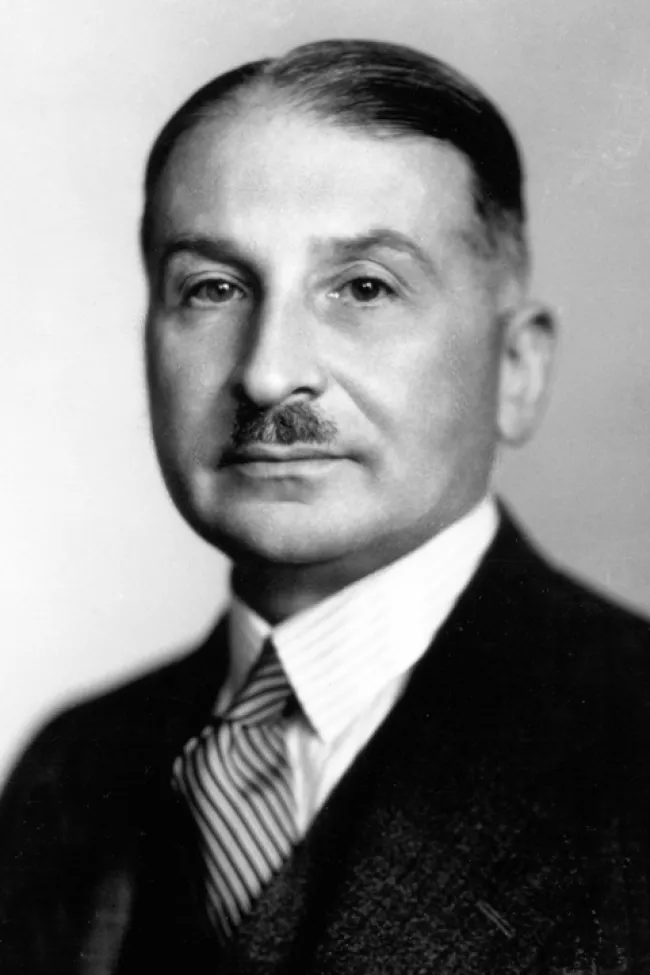- Downloads:
- Ludwig von Mises on Money and Inflation_2.pdf
- Ludwig von Mises on Money and Inflation_2.epub
In the 1960s, Ludwig von Mises lectured often on money and inflation. Bettina Bien Greaves was there taking shorthand. She has been working to transcribe them for a very long time. At last the results are here and they are fantastic.
To have this work is like having Mises as your private tutor, telling you about money and inflation in a casual setting and in plain language. He is the prophet of the 20th century on these topics, and here he presents his entire apparatus.
True, this book is not technically by Mises. It is not something he signed off on. But they are his lectures, and they provide a glimpse into the workings of an incredible mind on a topic that is crucial to our future.
Ms. Greaves explains:
Upon the establishment of the Foundation for Economic Education (FEE) in 1946, Ludwig von Mises became a part-time adviser, and he served in that capacity until his death in 1973. Whenever FEE held a seminar in Irvington, if he was in town he would drive out from New York City, where he lived with his wife, Margit, to speak to the participants. His topic was quite often inflation. I attended all those lectures, took them down in shorthand and later transcribed them. The thought occurred to me that eight to ten of his lectures on inflation, delivered in the 1960s, might be integrated, with the duplications deleted, and turned into a single piece.
Hence this paper.
Mises did not like to have his oral remarks quoted or published because, obviously, they did not represent the care and precision he devoted to his writings. However, it does not seem to me that these lectures, as I have edited them, misrepresent his ideas in any way. Moreover, they reveal his unpretentious manner and the informal simple style he used when talking to students. He often rephrased an idea in several different ways, repeating it for emphasis. He was frequently accused of being “simplistic,” of making economic subjects appear too clear and simple, but it was this very approach that made it possible for persons, even those without any background in economics, to understand and appreciate what he was saying.

No content found

Ludwig von Mises was the acknowledged leader of the Austrian school of economic thought, a prodigious originator in economic theory, and a prolific author. Mises’s writings and lectures encompassed economic theory, history, epistemology, government, and political philosophy. His contributions to economic theory include important clarifications on the quantity theory of money, the theory of the trade cycle, the integration of monetary theory with economic theory in general, and a demonstration that socialism must fail because it cannot solve the problem of economic calculation. Mises was the first scholar to recognize that economics is part of a larger science in human action, a science that he called praxeology.
Having warned of the rise of national socialism and having fled the German army‘s march into Austria, Ludwig von Mises was in an excellent position to analyze Nazi economic doctrine.
Having warned of the rise of national socialism and having fled the German army's march into Austria, Ludwig von Mises was in an excellent position to analyze Nazi economic doctrine.
The most popular method of deprecating capitalism is to make it responsible for every condition which is considered unsatisfactory.
Ludwig von Mises Institute, 2010

